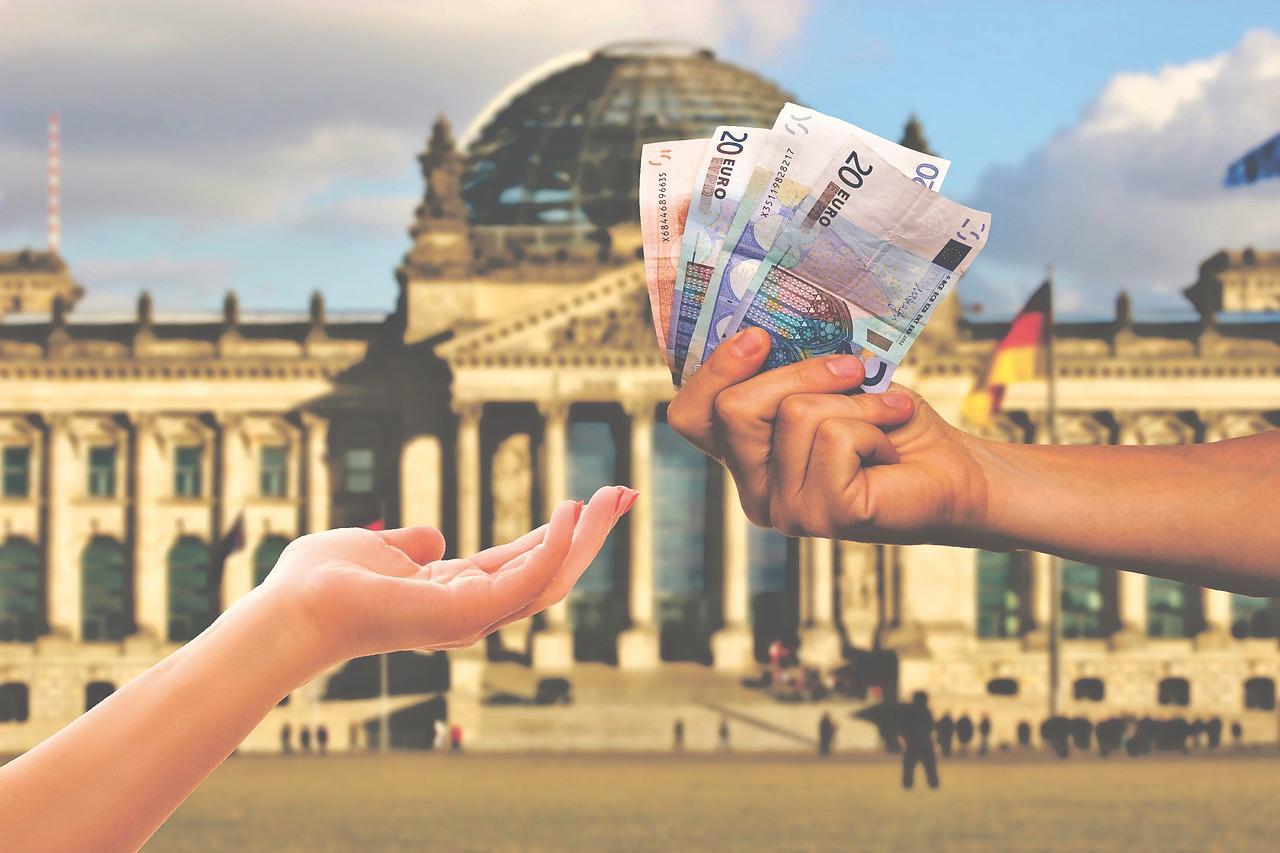
Politics and finance are intertwined in a complex dance, shaping the course of nations and economies. In the realm of political finance, one intriguing aspect often overlooked is the relationship between politics and the gold market. As we delve into the depths of this dynamic relationship, we uncover the fascinating interplay between power, wealth, and the allure of gold.
Understanding the Dynamics
The world of politics is a stage where power struggles and financial interests collide. Social media, as a prominent player in the media landscape, often sheds light on the intricate web of relationships that underpin political decisions. Among these connections, the influence of financial resources cannot be overstated. It’s a realm where money talks, and gold, with its timeless value, plays a significant role.
Gold to Cash: A Political Currency
Sell Gold Online, Cash for Gold, Gold Buyers—these phrases resonate not only in the realm of commerce but also in the corridors of power. Gold, prized for its intrinsic worth and stability, serves as a versatile asset for politicians and financiers alike. In times of economic uncertainty, it provides a hedge against inflation and currency devaluation. Moreover, its liquidity makes it a convenient tool for fundraising and clandestine transactions.
The Allure of Online Gold Appraisal
In today’s digital age, the process of selling gold has evolved with the advent of Online Gold Appraisal services. These platforms offer convenience and transparency, enabling individuals to assess the value of their gold assets with ease. For politicians seeking to convert their gold holdings into cash discreetly, such services provide a viable option.
Instant Cash for Gold: A Political Expediency
In the fast-paced world of politics, timing is crucial. Instant Cash for Gold services offers a swift solution for politicians in need of liquid assets. Whether funding a campaign or navigating a financial crisis, the ability to convert gold into cash at a moment’s notice can be a strategic advantage.
Building Trust with a Trusted Gold Selling Platform
Amidst the complexities of political finance, trust is paramount. A Trusted Gold Selling Platform offers reassurance to both buyers and sellers, ensuring fair and secure transactions. For politicians navigating the murky waters of financial dealings, aligning with reputable gold sellers can enhance credibility and mitigate risks.
Facilitating Transactions: Gold Exchange Service
Gold Exchange Service providers play a pivotal role in facilitating transactions between buyers and sellers. Their expertise in the gold market ensures efficient trade execution and fair pricing. For politicians seeking to leverage their gold assets for financial gain, partnering with established exchange services can streamline the process.
Safeguarding Transactions: Secure Gold Transactions
In the realm of political finance, secrecy and security are paramount. Secure Gold Transactions platforms employ robust encryption and authentication measures to safeguard sensitive information. For politicians engaged in covert financial dealings, ensuring the confidentiality of gold transactions is essential to avoiding scrutiny and maintaining discretion.
READ ALSO: Synergizing Political Finance and Crypto Trading Platforms: A Path to Enhanced Stability and Growth
Conclusion
As we navigate the intricate landscape of political finance, the role of gold emerges as a fascinating subplot. From Gold to Cash transactions to the allure of Sell Gold Online services, the nexus between politics and the gold market is undeniable. By understanding the dynamics at play and leveraging trusted platforms, politicians can navigate this complex terrain with confidence and discretion.











